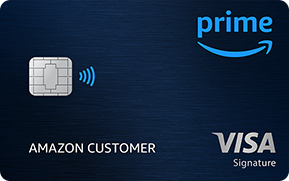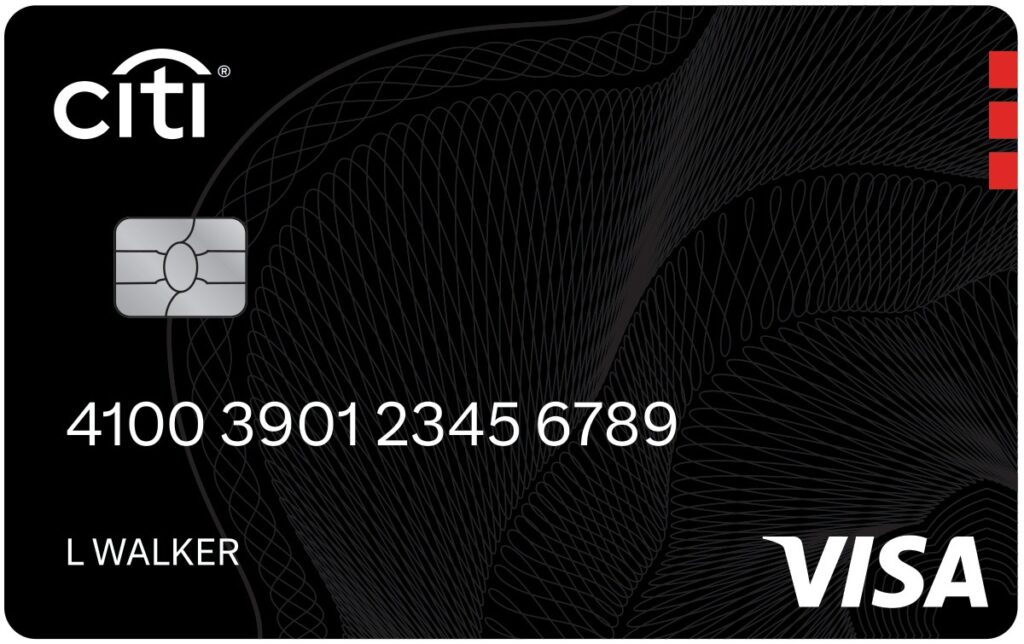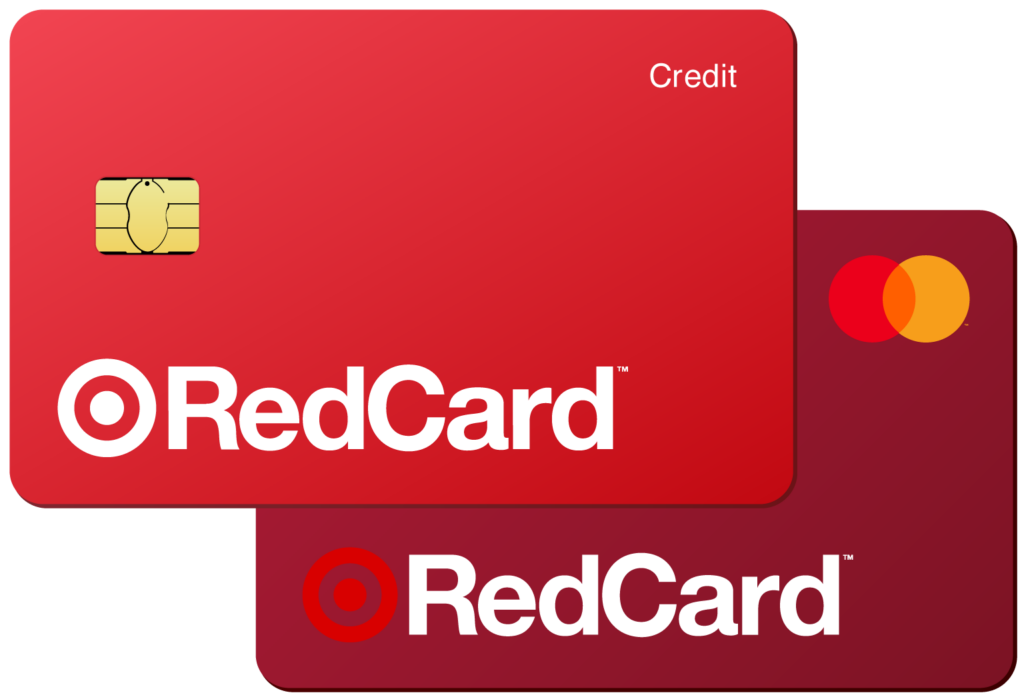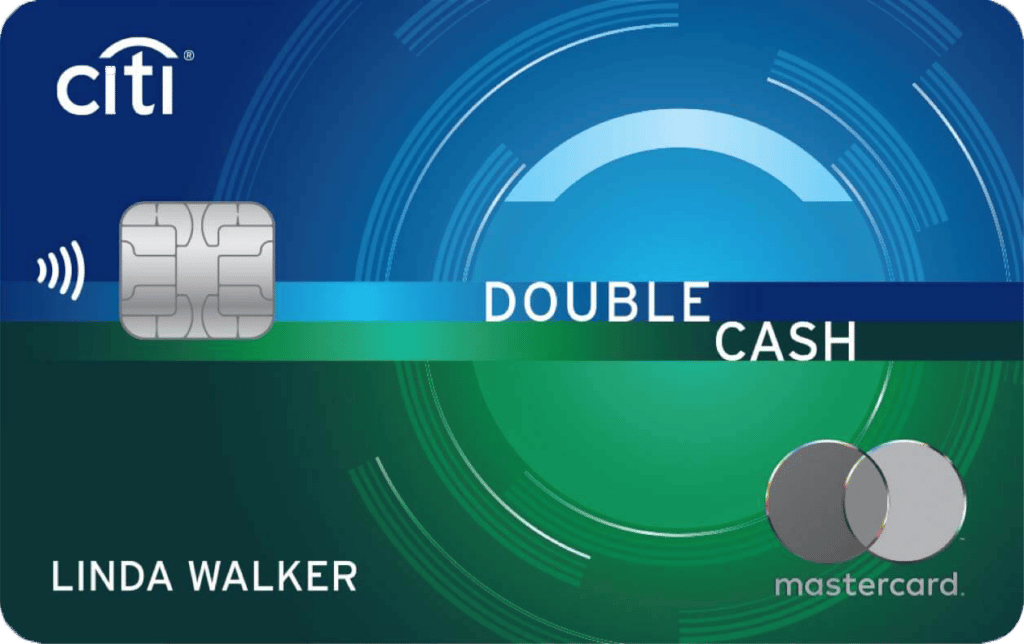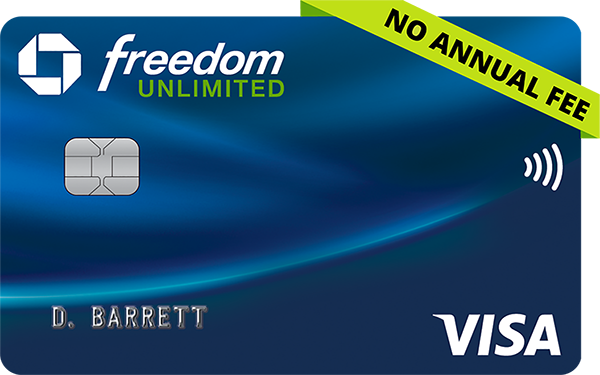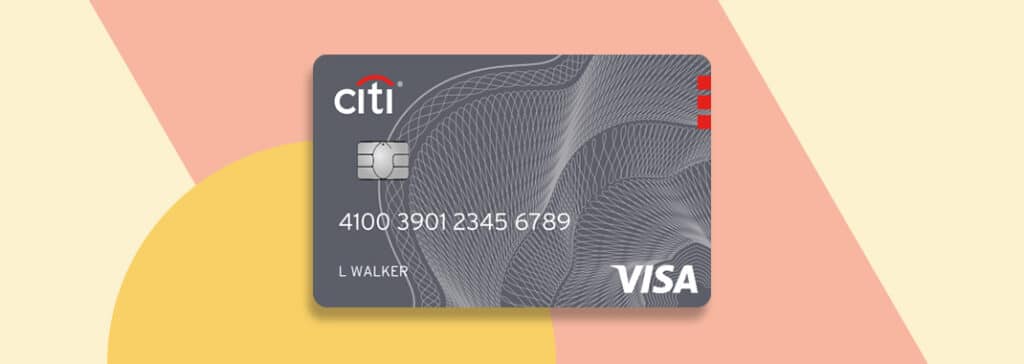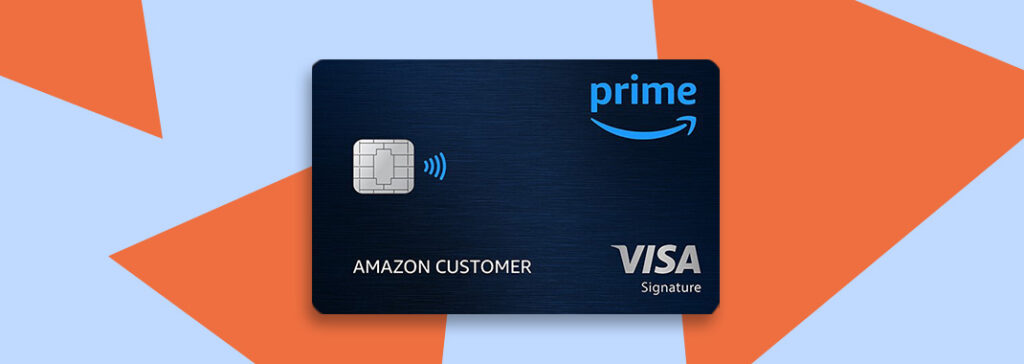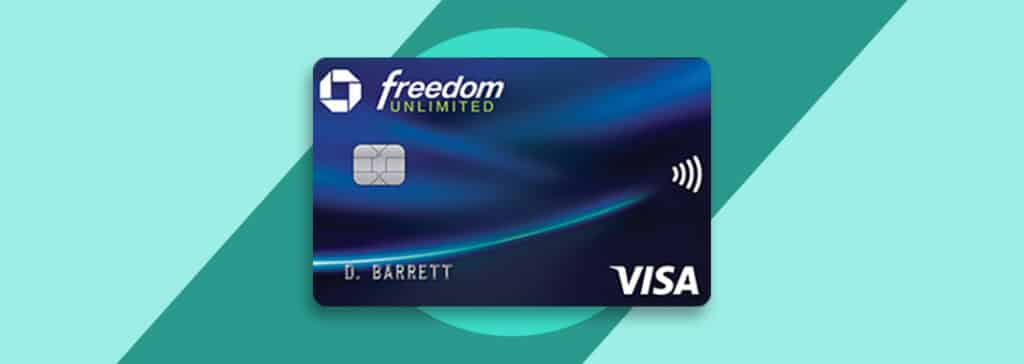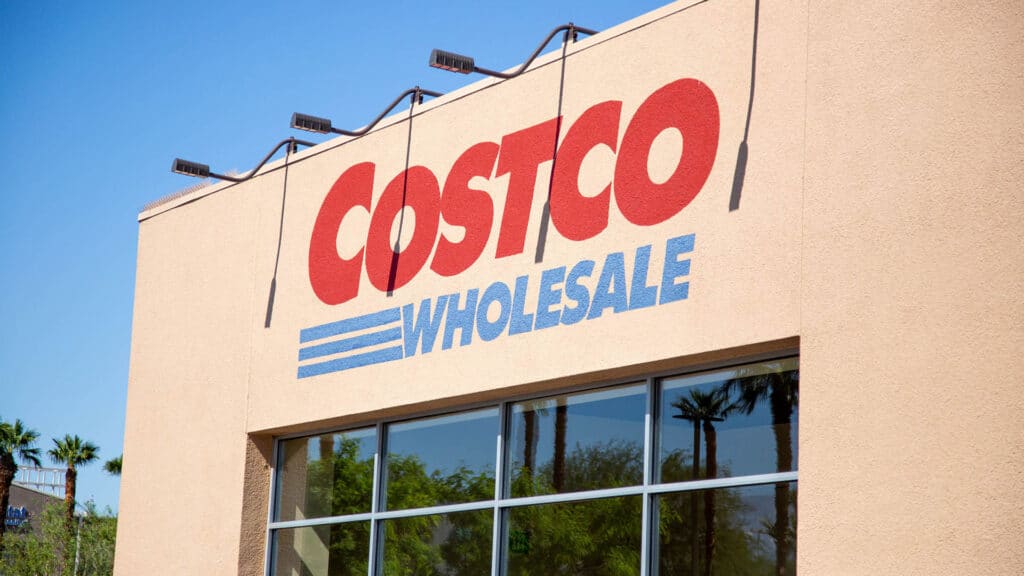Most products on this page are from partners who may compensate us. This may influence which products we write about and where and how they appear on the page. However, opinions expressed here are the author's alone, not those of any bank, credit card issuer, airline or hotel chain. This page may include information about American Express products currently unavailable on Slickdeals. American Express is not a partner of Slickdeals.
Not all available financial products and offers from all financial institutions have been reviewed by this website.
If you’ve ever shopped at a major retail store, chances are you’ve been hit with the inevitable sales pitch, “Would you like to save an extra 15% by signing up for our store credit card?” In high school, I made this pitch frequently as a sales associate at Macy’s. We were rewarded with cash incentives and the customers walked away with savings on their purchases. Sounds great, right? Except store credit cards have some disadvantages that make them less than ideal for certain customers.
Store credit cards can carry high-interest rates and lack meaningful rewards outside of particular retailers. It might not be a good fit if you want a credit card that rewards more than one spending category. That being said, store credit cards also have a lot of positives. They’re generally easier to get approved for and some offer fantastic incentives for new applicants. Here’s a breakdown of when a store credit card is worth getting and when you might want to skip t
What Are Store Credit Cards?
Store credit cards are issued by specific retail stores or brands and are meant to reward loyal shoppers of that brand. Unlike traditional credit cards, most store cards are designed to be used exclusively at the issuing store or a group of affiliated stores.
Here are some unique characteristics of store credit cards.
- Closed Loop vs. Open-Loop Cards: Stores may have closed-loop cards that can only be used at the store, while some stores may also offer an open-loop card that can earn rewards outside of the store. The store will decide which version to approve you for, based on your creditworthiness.
- Approval: They’re generally easier to get approved for than cards issued by major banks, though they lack welcome bonus incentives.
- Benefits: Store credit cards offer various benefits to incentivize customers to use them for their purchases, including discounts, rewards points, special financing options, exclusive sales and other perks.
- High APR: While store credit cards can be convenient for frequent shoppers at a particular store, it's important to note that they typically come with higher interest rates compared to traditional credit cards.
 Related Article
Related Article
Best Credit Cards for Online Shopping
Pros and Cons of Store Credit Cards
Pros
- Most don’t have annual fees.
- Easier to qualify for compared to traditional credit cards, which means you can use them to build credit.
- Some offer generous 0% financing options on new purchases.
Cons
- Most lack a welcome bonus (aside from retail discounts).
- Limited usability outside of a specific store or brand of stores.
- High-interest rates.
When Is a Store Credit Card Worth It?
Despite the limitations around their use and redemption options, store credit cards can be worth it in certain situations. Here are some examples of when a store credit card can be worth it:
- If you have a limited credit history: A store credit card can be easier to qualify for compared to traditional credit cards. Responsible use of the card, such as making timely payments and keeping balances low, can help establish or improve your credit score.
- If you frequently shop at a specific store or brand: Using the store's credit card can help you earn exclusive discounts, rewards, or special promotions that can save you money in the long run.
- If the sign-up perks are valuable to you: If the initial sign-up bonus or perks are valuable and align with your shopping habits, a store credit card may be worth considering. For example, if you’re furnishing a house and spending thousands of dollars on furniture or appliances, those discounts or special financing deals can go a long way.
- If the card's rewards align with your spending habits: If the store offers a robust rewards program that aligns with your shopping preferences and provides significant savings or valuable perks, a store credit card can help you maximize your rewards and enhance your overall shopping experienc
e .
Best Rewards Credit Cards
Visit the Marketplace
When Is a Store Credit Card Not Worth It?
Despite the benefits, store credit cards may not be for everyone. It's important to consider the potential downsides of store credit cards, such as high interest rates and limited usability outside the issuing store or brand. Here are some examples of when a store credit card may not be worth it:
- If the card doesn't offer long-term value: If you don't see yourself using the card beyond the one-time discount, then the card may not be worth the hassle. Some stores also cap the amount you can save with the initial discount, so you may not be saving much after all.
- If you tend to carry a balance on your cards: While some store credit cards offer special financing, others carry higher interest rates. If you plan to carry a balance, you may want to consider a traditional credit card with a 0% APR offer. Consider whether a store card will be beneficial to you in the long run or whether a rewards credit card might better suit your needs.
It's crucial to carefully review the terms and assess your shopping habits and financial situation to make an informed decision based on your specific needs and preferenc
The Best Store Credit Cards
While the best store credit card depends on your personal spending habits and financial needs, there are a few cards that stand out from the competition. These cards offer versatility, allowing you to earn rewards both with the specific retailer and outside. They carry no annual fees and provide added benefits that can help you maximize rewards on a large amount of your household spending. Here’s a look at the best store cre
Prime Visa Credit Card
- Our Rating 3.5/5 How our ratings work
- APR19.49% - 28.24% (Variable)
- Annual Fee$0
$0 with Prime membership
-
Sign-Up Bonus
$150Gift Card
Get a $150 Amazon Gift Card instantly upon approval exclusively for Prime members
This card is a good fit for consumers who do a lot of shopping at Amazon and Whole Foods because they can earn an unlimited 5% cash back on purchases there. Cardholders also earn some cash back on other purchases, with decent rates for restaurants and gas stations. If you already have or plan to get a Prime membership, using this card could quickly earn you sizable cash back.
Overview
With high rewards rates, this card could make up for the required Prime membership fee if you shop a lot at Amazon and Whole Foods. Non-Prime members can qualify for the Prime Visa Credit Card, which is pretty similar but with lower rewards rates.
Pros
- No annual fee
- High rewards rates
- Sign-up bonus offer
- Can redeem rewards as soon as the next day
- No foreign transaction fees
Cons
- Must have a Prime membership for highest rewards rates
- No intro APR offer
The Prime Visa Credit Card is a great store credit card for those who shop at Amazon —– which is nearly everyone. Cardholders receive an Amazon gift card instantly upon approval without having to meet any spending minimum.
The card also offers generous rewards:
- 5% cash back on purchases at Amazon.com, and Whole Foods Market, Amazon Fresh and Chase Travel purchases
- 2% back at gas stations, restaurants, local transit and commuting
- All other purchases earn 1% cash back
The card has no foreign transaction fees and gives you access to exclusive discounts on rotating items and categories with the retailer. The card has no annual fee but requires you to have an Amazon Prime membership to quali
Costco Anywhere Visa® Card by Citi
- Our Rating 4.5/5 How our ratings work
- APR18.74% - 26.74% (Variable)
- Annual Fee$0
Active Costco membership required
- Sign Up Bonus $0Cash Bonus
The Costco Anywhere Visa® Card is a credit card from our partner Citi made exclusively for Costco members. It comes with cash back potential on annual gas and EV charging purchases, on restaurant and travel purchases, and at Costco and Costco.com. With a generous rewards rate for dining, groceries, gas and Costco purchases, this card can add up to big savings.
Overview
The Costco Anywhere Visa® Card is a credit card from our partner Citi made exclusively for Costco members. It comes with 5% cash back on gas at Costco and 4% cash back on other eligible gas and EV charging purchases (up to $7,000 combined spend per year, and then 1% after). Additionally, earn 3% back on restaurant and eligible travel purchases, 2% back at Costco and Costco.com and 1% everywhere else. Aside from the $7,000 caveat, there are no other limits on what you can earn with this card.
Pros
- Generous cash back on gas, restaurants, travel and of course, Costco purchases
- No foreign transaction fees
- No annual fee
Cons
- No sign-up bonus
- You'll need a Costco membership to apply for the card
What’s interesting about the Costco Anywhere Visa® Card by Citi is that it offers its highest rewards on non-Costco purchases. While the card offers 2% cash back on Costco purchases, cardholders earn 4% cash back on the first $7,000 spent on gas and EV charging and 3% back on restaurants and eligible travel bookings. All other purchases earn 1% cash back, which is pretty standard.
Overall, the Costco Anywhere Visa Card is a solid store credit card that can help you earn rewards outside of Costc
Target RedCard™ Credit Card
- Our Rating 3/5 How our ratings work
- APR27.90% Variable APR
- Annual Fee$0
The best part of the Target RedCard is the 5% discount at Target and Target.com. Those with the Target Mastercard can earn additional rewards on dining and gas. If you’re a frequent Target shopper, this card could save you a solid chunk of cash.
Overview
The Target RedCard is designed for fans of the popular shopping center, with its biggest perk being 5% off purchases in store and online. The card does have a high APR, but other perks could make the card beneficial for some shoppers.
Perks
- Additional 30 days for returns and exchanges
- Free 2-day shipping on Target.com
- 5% off Target purchases in store or online
- 2% on dining and gas purchases, 1% everywhere else outside of Target (Target Mastercard exclusive)
Pros
- No annual fee
- 5% off at Target and Target.com
- Free 2-day shipping on eligible items
- Extended return time frame
- Cash back on gas, dining and other purchases (Target Mastercard exclusive)
Cons
- High APR
- Can only redeem rewards for Target gift cards
- Can’t redeem any rewards until you reach a rewards balance of $10
- Can’t choose which credit card option you get when applying
The Target RedCard™ Credit Card can be a great way to save on all of your essentials, with 5% cash back on Target purchases in-store and online. You’ll also earn 2% on dining and gas purchases and 1% everywhere else.
There is no annual fee and cardholders enjoy free 2-day shipping, discounts on select items and an extra 30-day return window.
Alternatives to Store Credit Cards
Store credit cards aren’t for everyone due to their limited earning potential and low welcome bonus incentives. If you want an alternative way to earn rewards on your shopping expenses, consider a cash-back credit card with no annual fee. You’ll earn generous rewards without added costs and many of these cards offer 0% introductory APR and welcome bonuses.
Citi Double Cash® Card
- Our Rating 4.5/5 How our ratings work
- APR17.49% - 27.49% (Variable)
- Annual Fee$0
-
Sign-Up Bonus
$200Cash Bonus
Earn $200 cash back after you spend $1,500 on purchases in the first 6 months of account opening. This bonus offer will be fulfilled as 20,000 ThankYou® Points, which can be redeemed for $200 cash back.
The Citi Double Cash® Card, from our partner Citi, is among the top cards on the market for general spending. Forget the cards that offer 1% and 1.5% cash back. The Citi Double Cash Card offers you a whopping 2% cash back for all spending. Earn 1% back when you make a purchase and 1% back when you pay your account balance.
Overview
The Citi Double Cash® Card, from our partner Citi, offers attractive and uncomplicated cash back for people who value a flexible credit card reward program. The Citi Double Cash Card gives you the chance to earn 2% cash back on your purchases. You can receive 1% cash back when you make a purchase and an additional 1% cash back once you pay your bill.
Pros
- No category bonuses to remember, unlimited 2% cash back on everything
- Earns ThankYou® Points, which gives the potential to unlock valuable travel rewards
Cons
- Foreign transaction fees are applied
- Limited perks
Chase Freedom Unlimited®
- Our Rating 4.5/5 How our ratings work
- APR18.99% - 28.49% (Variable)
- Annual Fee$0
-
Sign Up Bonus
$200Cash Bonus
Intro Offer: Earn a $200 Bonus after you spend $500 on purchases in your first 3 months from account opening
We like that the card offers a high flat rewards rate but also provides accelerated rewards on some common everyday spending categories. You’ll also get access to the Chase TravelSM portal, which allows you to use your cash-back earnings for travel rewards, gift cards and more. If you make this your primary card for most purchases you can quickly rack up a lot of rewards.
Overview
The Chase Freedom Unlimited card is unique for a couple of reasons. First, it comes with purchase protection and extended warranty protection you don’t see with some other cash-back cards. Second, you earn cash back in the form of points and when paired with another annual-fee earning Chase product, you can get even more value if you love to travel by transferring to partners.
That’s because while the Freedom cards are marketed as cash-back credit cards, they actually offer points. You can use those points to book travel through Chase at a rate of 1 cent per point. But if you have the Chase Sapphire Preferred® or Chase Sapphire Reserve®, you’ll get 25% and 50% more value on those travel redemptions, respectively. (Plus, the ability to transfer your points, too.)
Pros
- No category bonuses to remember; earn at least 1.5% back on everything
- No annual fee
- Generous travel and purchase protection benefits
Cons
- Can't transfer Chase points unless paired with another annual-fee Chase product
Bottom Line
Store credit cards can offer fantastic value to frequent shoppers looking for added discounts with their favorite retailers. With access to exclusive sales, bonus rewards and the occasional 0% finance offer, they can offer tremendous savings for savvy customers. However, it’s important to be aware of their drawbacks and evaluate whether they fit into both your long-term and short-term financial plan


